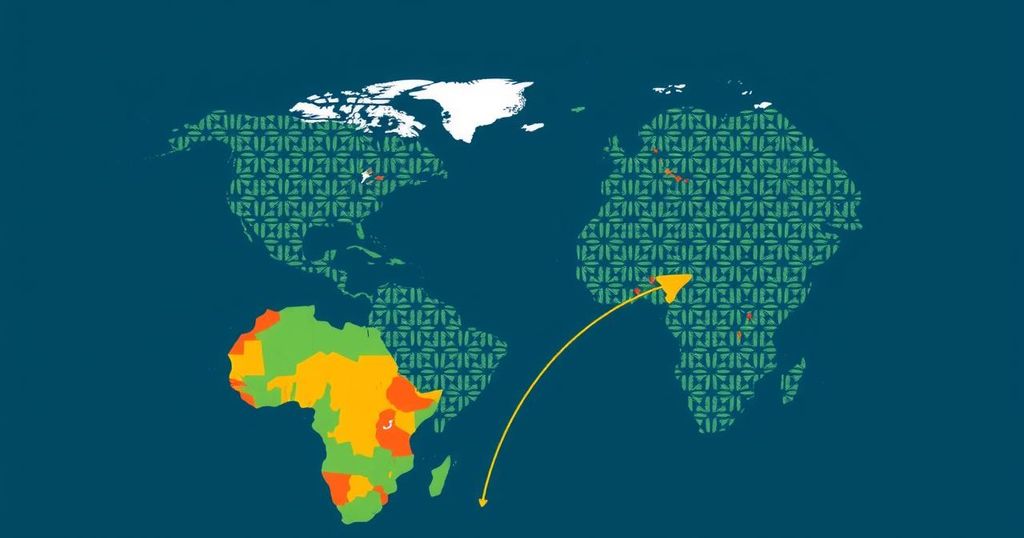The COP29 climate finance deal mandates wealthier nations to contribute $300 billion annually by 2035 to assist poorer countries. Despite the increase from the previous commitment of $100 billion, developing nations have expressed significant discontent, deeming the amount inadequate. The agreement, reached under challenging circumstances, is seen as a starting point rather than a complete solution to the climate crisis.
On November 24, the global community reached a contentious climate finance agreement, obligating wealthy nations to allocate $300 billion annually by 2035 for the benefit of poorer and vulnerable nations. After extensive negotiations lasting two weeks and amidst significant dissent from developing countries, the pact was finalized in Azerbaijan. Although this commitment represents an increase from the current $100 billion, it is considerably lower than the $500 billion sought by developing nations, prompting outcries of dissatisfaction regarding the perceived inadequacy of the funds.
The climate finance deal concluded at COP29 emerges from a prolonged history of negotiations among nearly 200 nations, which have grappled with the disparities between developed and developing countries on climate action funding. Historically, wealthier nations have provided limited resources to address the impacts of climate change, leaving the most vulnerable populations in precarious positions. As COP29 unfolded in a year marked by unprecedented climate disasters, the urgency for a comprehensive financial commitment intensified.
In conclusion, while the agreement reached at COP29 presents a step forward in climate financing by committing substantial financial resources, it has been met with vehement opposition from developing nations. Critics argue that the funding is insufficient and fails to reflect the magnitude of the climate crisis. The upcoming years will be crucial, as nations must navigate the challenge of implementing these financial commitments effectively to meaningfully address climate change impacts globally.
Original Source: www.lemonde.fr






